The cosmetics industry in China has been quickly growing over the last years due to the huge development of the Chinese economy.
Chinese consumers are changing their purchase behaviors in the cosmetic sector.
In 2013 the total sales of skin care products and make-up products in China accounted Rmb131.4 billion and Rmb18.8 billion respectively.
Chinese women are very interested in improve their appearence and cosmetic products have become an important part of their daily life. That is the reason why Chinese women are constantly purchasing beauty products.
There are some aspects such as the rapid economic growth and the huge development of beauty industry in China that have contributed to changes of cosmetics consumer behavior.
Greater preference for international brands:
Chinese cosmetic consumers buy more foreign products than local products. The reason is that international brands represent high quality and high status.
Chinese consumers buy internatinal brands because of their quality. However, this is not the unique reason, because they believe that purchase foreign products is symbol of their high economic and social status.
Thanks to e-commerce platforms Chinese consumers have a greater access to a huge number of foreign brands and a vast variety of products.
Increasingly less willing to pay more for international brands:
The Chinese cosmetic shoppers behavior has changed over the last years. They are more sophisticated and have more knowledge about brands and products and therefore are unwilling to spend more money on foreign brands when they are able to find a domestic product with similar benefits at a lower price.
New interest to national products:
These days, Chinese cosmetic consumers are more and more interested to local beauty brands, especially for those that include traditional practices and ingredients on their products.
For instance, Herborist and Inhober, the first and second largest China’s brands in the cosmetic sector are becoming more popular among Chiinese consumers.
Another reason is that Chinese brands understand their cosmetic needs and requirements. For example, as opposed to Western people, Chinese beauty consumers are looking for skin-whitening or brightening products. In this kind of products, Chinese brands are ahead of the competition.
Chinese consumers are not loyal:
It is not a secret that Chinese cosmetic shoppers like to try several brands and products to compare them and also because most of them buy products according to offers and promotions. That means they aren’t brand loyal.
In addition, another reason that contributes to low brand loyalty is that they also change products according to the season.
Women are easily affected by discounts:
The reality is that Chinese cosmetic shoppers are very influenced by offers, discounts and promotions even if they don’t know the brand or they don’t need those products.
According to a research, around 56% of Chinese women bought uneeded beauty products as a result of a discount.
Preference for natural products:
There is a real preference in China to purchase cosmetic products which use natural ingredients because they believe that natural products are more efficient.
Besides, they prefer cosmetics that include Chinese traditional medicine that is associated with quality, safety and efficiency by Chinese consumers.
Searching information on search engines:
Chinese online cosmetic shoppers consider search engines as an important part of their purchasing process, especially Baidu.
Baidu is the China’s largest search engine with over 600 million users monthly and 80% market share.
Before making their purchase decision, Chinese cosmetics shoppers carry out a deep search on Baidu to collect information about the brand, the product, the functions and effectiveness of the product and where to buy it.
Social media platforms play an important role:
Cosmetic companies have adapted China’s social networks as part of their marketing strategy in order to attract and engage consumers.
Chinese shoppers have a strong demand to interact and communicate with brands. They are very demanding shoppers and want to be heard by brands. In addition, they would like to receive personalized information about the products, the brand, special events, promotions and discounts.
Through Weibo, QQ and WeChat, consumers are able to interact with their favorite brands and receive those information. Also, social networks allow consumers to share their opinions and comments about the products and brands.
Besides, Chinese consumers use social platforms to collect information about products before make their purchase decision. It is a fact that they trust more in comments of other consumer that in the information which provide the brand via its official accounts and adverts.
Online sales channels:
Due to to internet penetration and the e-commerce development, many cosmetic consumers are changing their purchase channel. Nowadays, Chinese shoppers are more willing to buy cosmetic products online instead on physical stores.
The most favorite e-commerce platforms for Chinese cosmetic consumers are Tmall.com, Lefung.com, Jumei.com and Tiantian.
The hottest products:
Within the beauty category, facial mask are the most popular products both online and offline, followed by moisturizer, facial cleanser, eye cream and lip care.
Over the last years, facial masks have experienced strong growth in the Chinese market.
In 2013, Chinese consumers spent US$25.9 billion on cosmetic products. They consider beauty puchases as investments in their private life and their social success.
The cosmetic market in China has a huge potential and understanding Chinese consumer behavior is mandatory in order to attract and engage them.
If you want to increase your sales in China’s cosmetic market, contact us!





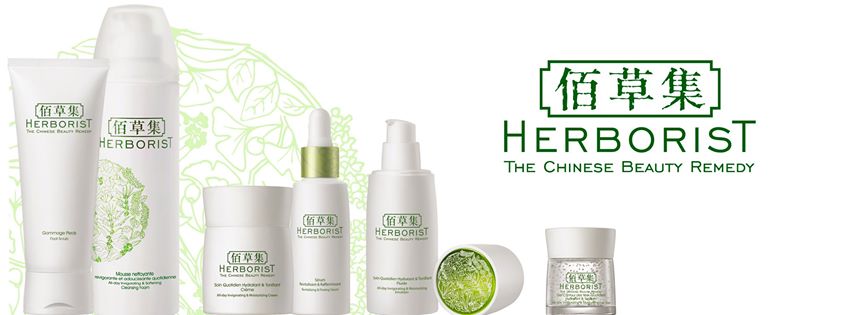
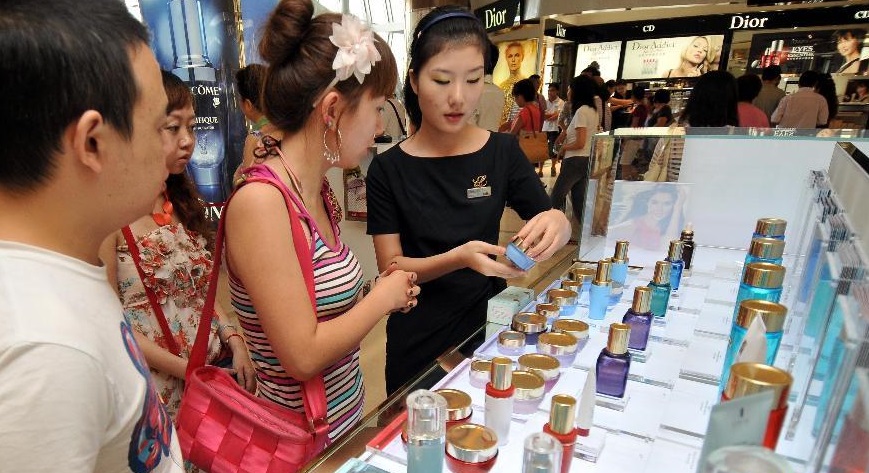
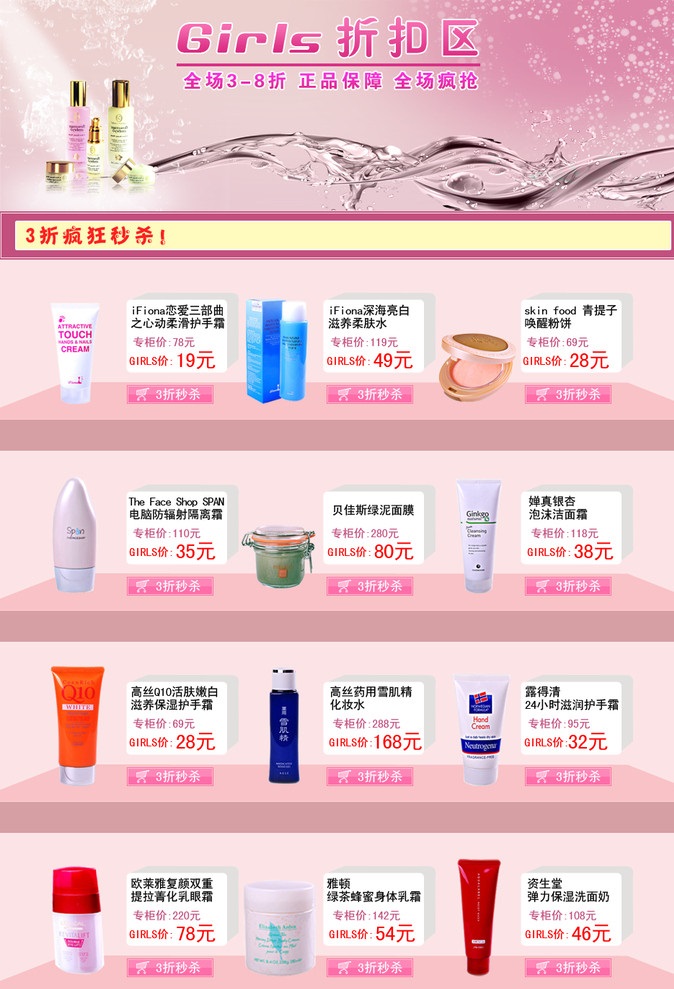


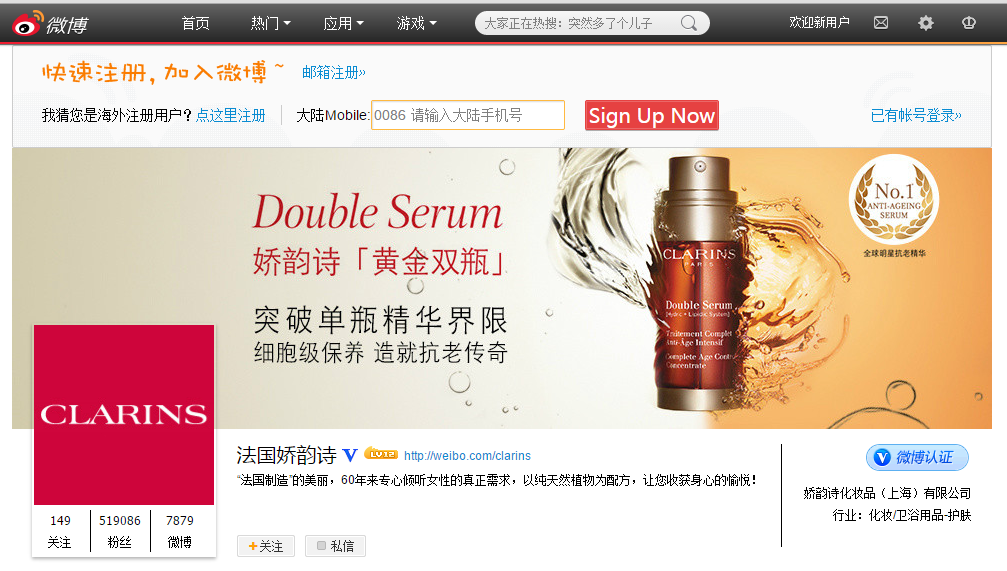
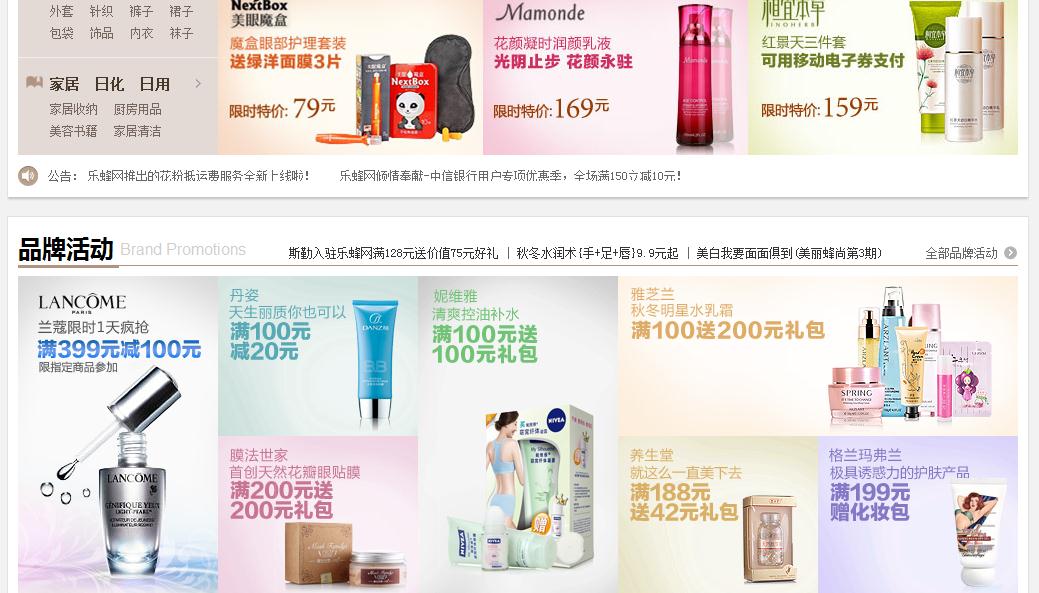

1 comment
nini+86
Hi there! I found the article very interesting, would it be possible to have an updated version for the 2018-2020 period? Thank you team